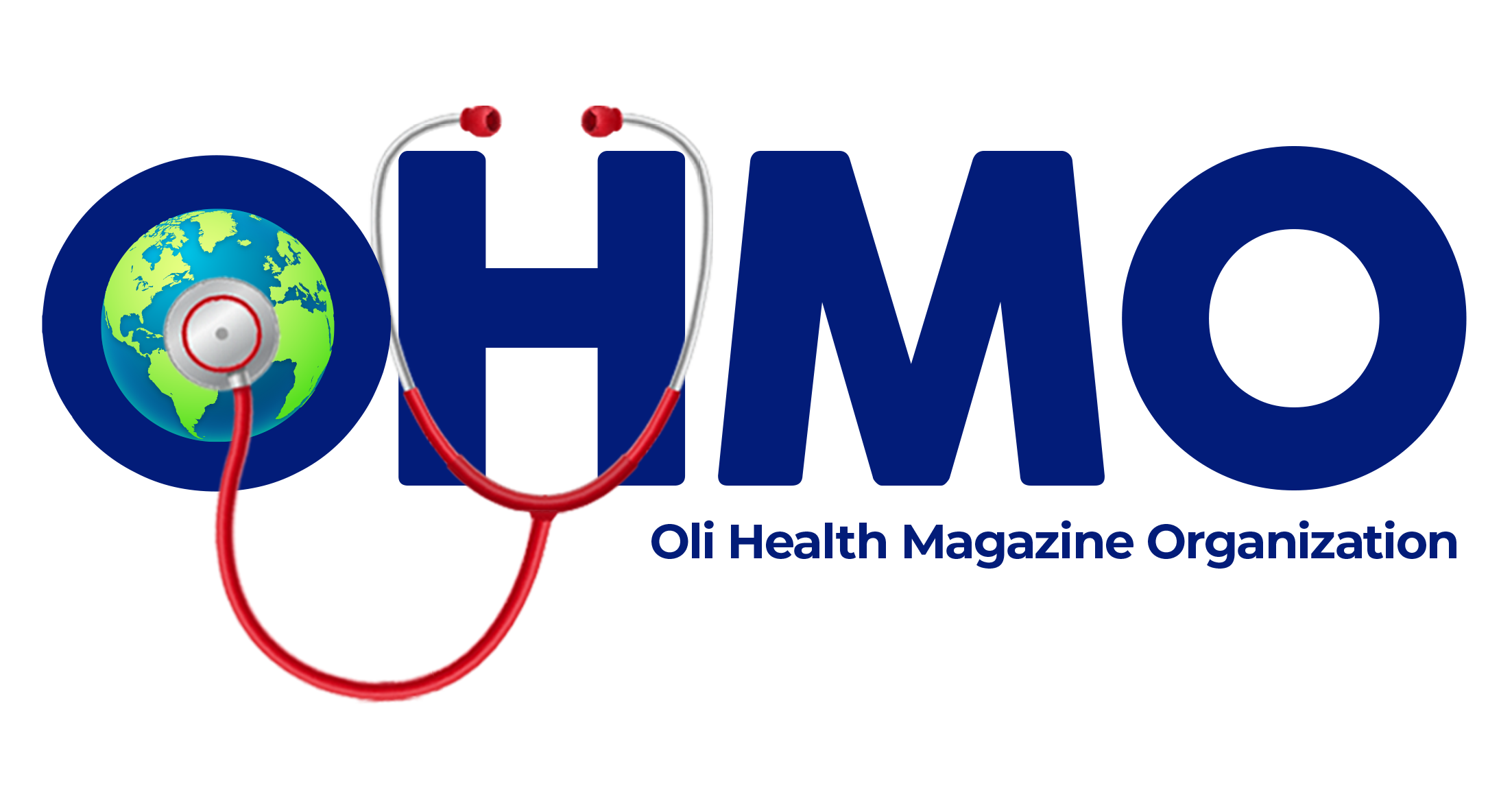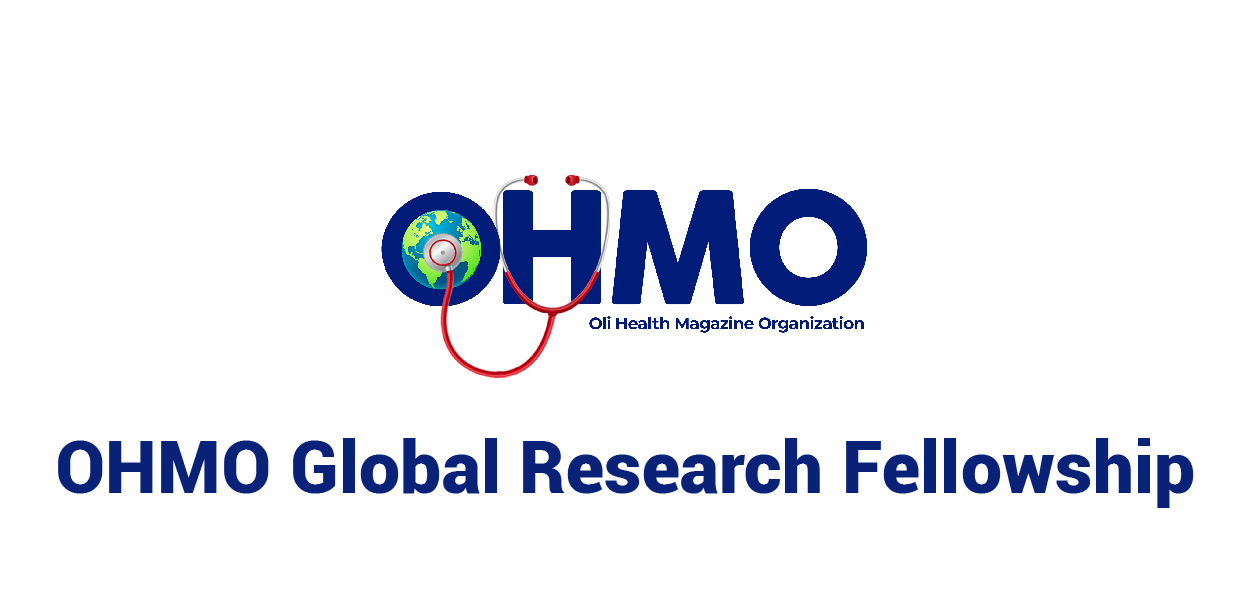Attention Deficit Hyperactive Disorder(ADHD) is one of the most common neurodevelopmental disorders affecting children. ADHD is usually diagnosed in childhood and can persist into adulthood. It is more common in males than in females because it is believed that it is linked with X chromosome. Individuals with ADHD may be hyperactive and unable control their emotions and impulses or they may have trouble paying attention like in studying or they get easily bored very soon from anything. These behaviours interfere with daily life routine and school life.
Types:
Types of ADHD depend on which symptoms are strongest in the individual.
They are of three types:
- Predominantly Inattentive Presentation: It is very hard for the individual to keep engaged in a conversation or to finish any work or task. The individual gets easily distracted or forgets details of daily routine life.
- Predominantly Hyperactive-Impulsive Presentation: The individual fidgets, tap fingers and talks a lot. It is difficult to sit, wait or stand still for long (e.g., for a meal or while doing homework or for waiting for someone). Smaller children may vigorously run, dance, jump or climb constantly. The individual feels restless and energetic. Individual who is impulsive may interrupt others a lot, grab or take things from other people, or speak at inappropriate times in between the conversations. It is very hard for the individual to wait for their turn or listen to directions or instructions. A person with impulsiveness is more prone to accidents and injuries.
- Combined Presentation: combination of the above two presentations. It can get severe with more time and symptoms of the above presentations get added in to each other.
Signs and Symptoms
Symptoms in Childhood:
Symptoms are grouped together in three types
Inattention:
• Gets easily distracted
• Doesn't follow instructions or directions and doesn’t finish task or work
• Doesn't appear to be attentive or listening
• Doesn't care or look after to things in daily life routine and makes careless mistakes
• Forgets about daily activities and tasks
• Problems organizing daily tasks and schedule
• Doesn’t like to do things that require still sitting and standing or waiting
• Loses things
• Daydreaming
Hyperactivity:
- Often squirms, fidgets, runs, jumps or bounces when sitting
- Doesn't stay seated and runs vigorously
- Has trouble playing quietly and talks a lot
Impulsivity:
- Hates waiting for his or her turn
- Blurts out answers and talks inappropriately
- Interrupts others and talks in between the conversations of others
Symptoms in Adults
Symptoms of ADHD gets more severe or changes as the person age. This includes:
- Forgetfulness
- Lateness
- Anxiety
- Low self-esteem
- Trouble controlling anger
- Impulsiveness
- Substance abuse or addiction
- Unorganized
- Procrastination
- Easily frustrated
- Chronic boredom
- Trouble concentrating when reading
- Mood swings
- Depression
- Relationship problems
Causes :
The exact cause(s) and risk factors for ADHD are still unknown, but research shows that genetics plays an important role. Other possible causes and risk factors includes:
- Brain injury or trauma
- Exposure to environmental toxins (e.g., lead) during pregnancy or at a young age
- Alcohol and tobacco use during pregnancy
- Premature delivery
- Low birth weight
Diagnosis :
There is no single test for the diagnosis of ADHD. It is diagnosed through several steps process deciding if the child is prone to ADHD or not. The first step for the diagnosis is to rule out the other disorders mimicking ADHD by doing medical examinations and the second step is done for the diagnosis of ADHD by observing and taking history of the symptoms from parents and teachers.
Treatment :
There is no cure for ADHD but the symptoms of this disorder can be controlled or reduced by certain medications and by taking behavioural therapy or education.
Medications:
It is of two types
- Stimulants: to control hyperactivity and impulsivity and to increase attention span
These include:
- Amphetamine
- Dexmethylphenidate
- Dextroamphetamine
- Lisdexamfetamine
- Methylphenidate
- Nonstimulants: prescribed for people older than 6.
These include:
- Atomoxetine
- Clonidine
- Guanfacine
Dietary supplements :
omega 3s have shown some benefit.
Therapy: These treatments help on controlling and changing the behavior.
- Special education Helps the child by forming a well-structured schedule and activities for learning at school
- Behaviour modification teaching good behaviour and replacing the bad habits and deeds by good habits
- Psychotherapy (counselling) is very important as through this the family members can understand this disorder and can cope up with the affected individual. The therapy also focuses on helping him or her controlling emotions and frustrations and behavioural therapy.
- Social skills training can help teaching the ways of sharing and waiting for turns
Support groups are very helpful as these groups comprised of same affected individuals and thus gives support to understand this disorder.
Written by Dr. Raahim Qasim , a Medical Doctor from Karachi, Pakistan.
References :
(1) Danielson, ML, et al. Prevalence of Parent-Reported ADHD Diagnosis and Associated Treatment Among U.S. Children and Adolescents, 2016. Journal of Clinical Child & Adolescent Psychology, Volume 47, 2018 - Issue 2
(2) Simon V , Czobor P , Bálint S , et al: :Prevalence and correlates of adult attention-deficit hyperactivity disorder: a meta-analysis. Br J Psychiatry194(3):204–211, 2009
American Academy of Family Physicians: "ADHD: What Parents Should Know."
Attention Deficit Disorder Resources: "Behavioral Treatment for ADHD."
CHADD: "Children and Adults with Attention Deficit Hyperactivity Disorder."
National Resource Center on ADHD: "Symptoms and Diagnostic Criteria."
National Institute of Mental Health: "Attention Deficit / Hyperactivity Disorder."
News release, FDA.
FDA: “FDA permits marketing of first brain wave test to help assess children and teens for ADHD.





2 Comments
Natacha
30 July 2019 09:33Norbert NIYONGIRA RN,BScN
31 July 2019 14:30